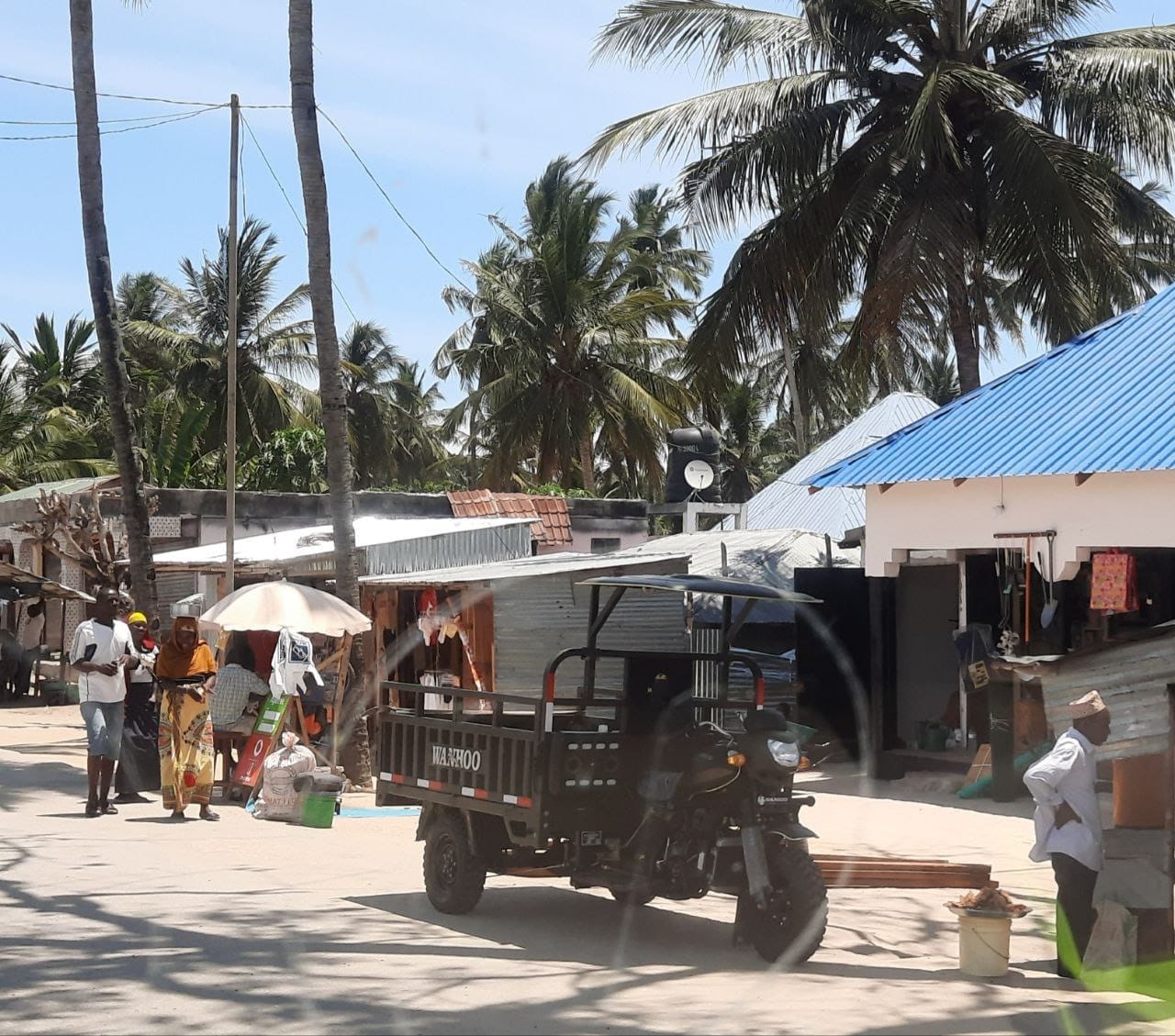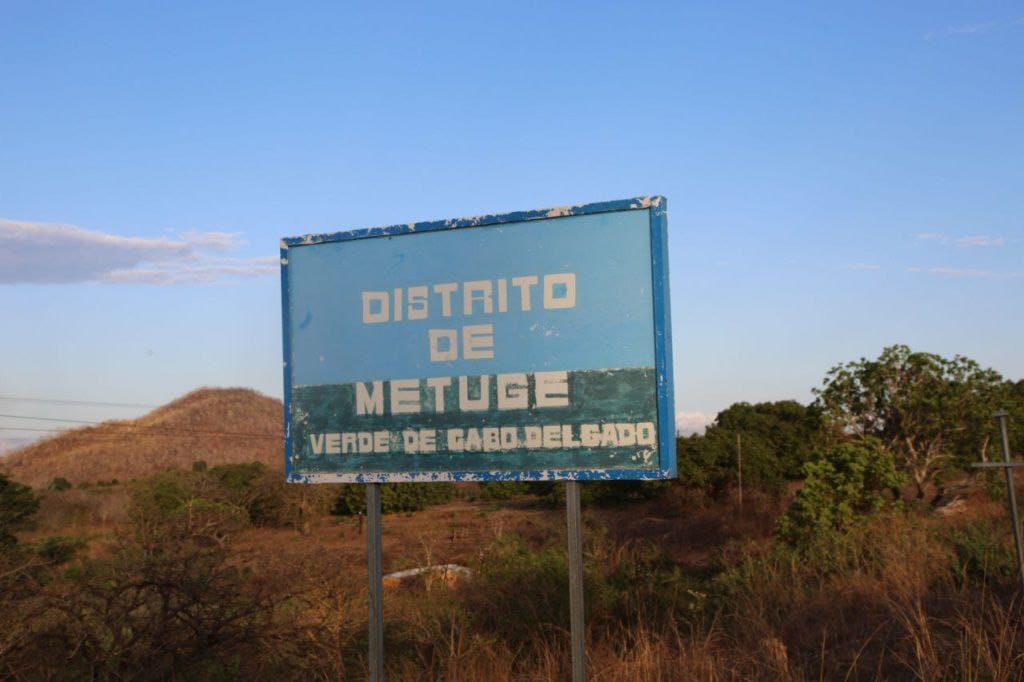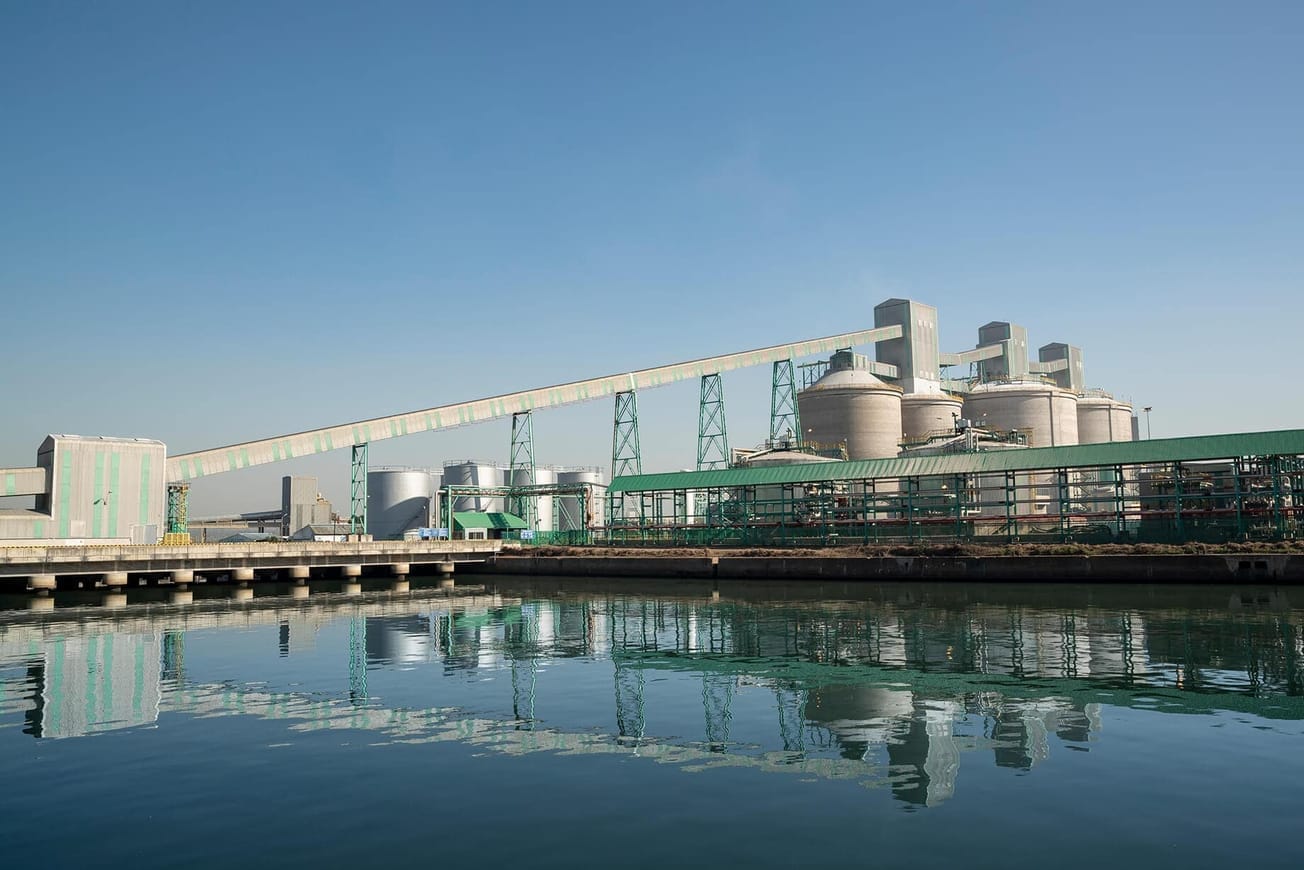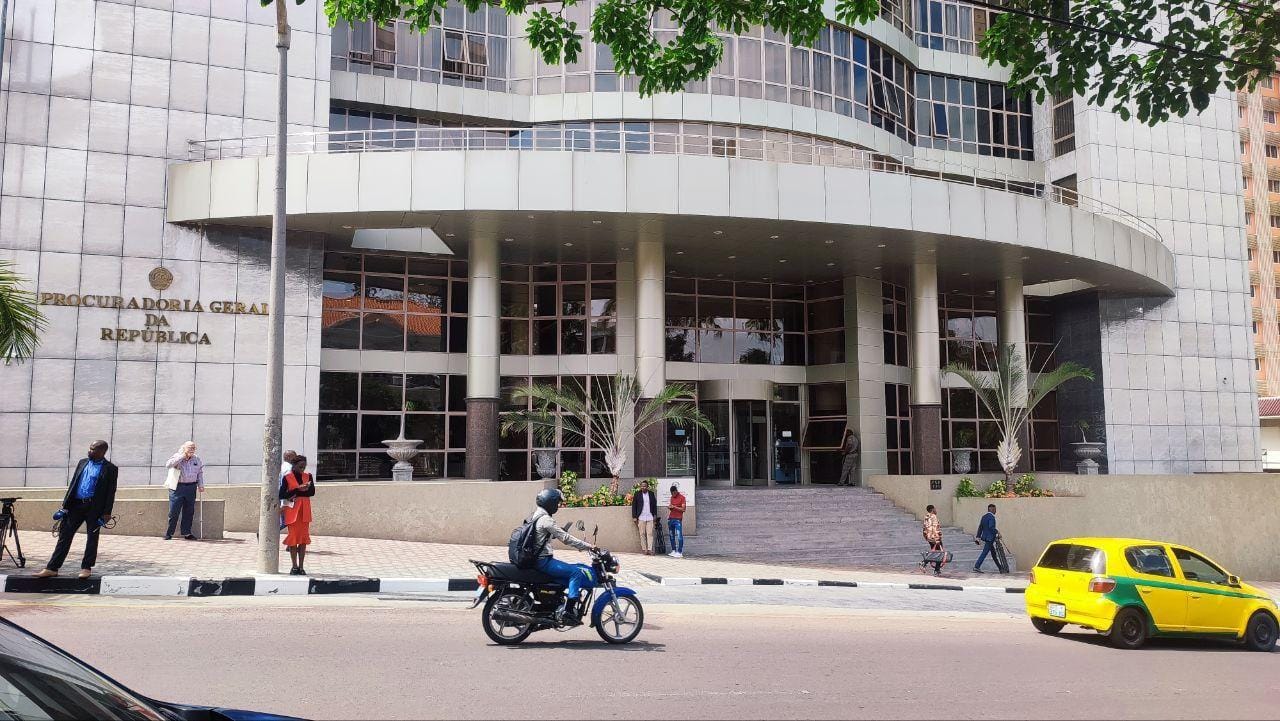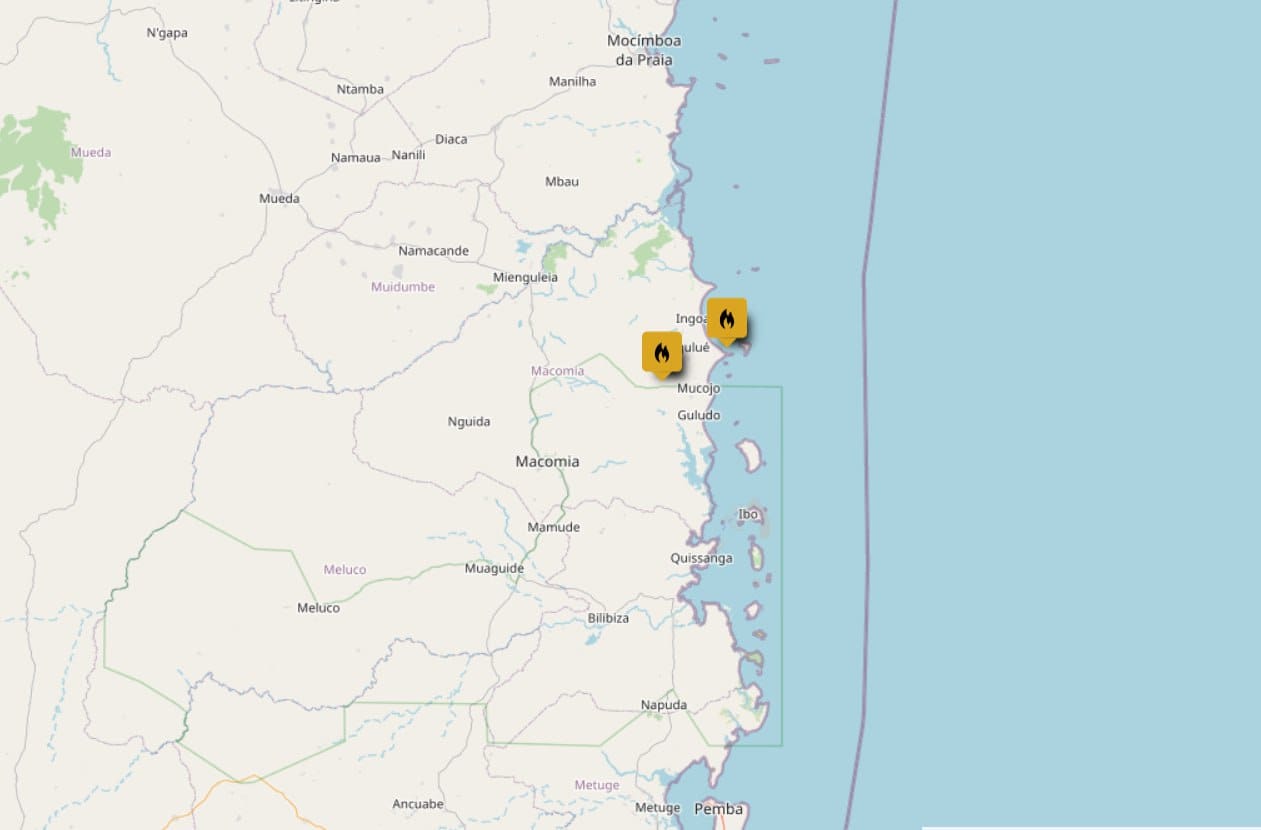Good afternoon. Does every adult in Mozambique now have an electronic money account? Probably not quite, but there are enough e-money accounts to go round all of them with some left over (see below). E-payments are one of Mozambique’s few unqualified success stories from the past decade. In contrast to the proportion of the population that holds a bank account, which has remained almost static, the use of e-money platforms has exploded since 2015.
The full Daily Briefing continues below for Pro subscribers. Subscribers to the Zitamar News tier can read the top half, including the full leader article, here.
The latest from Zitamar News:
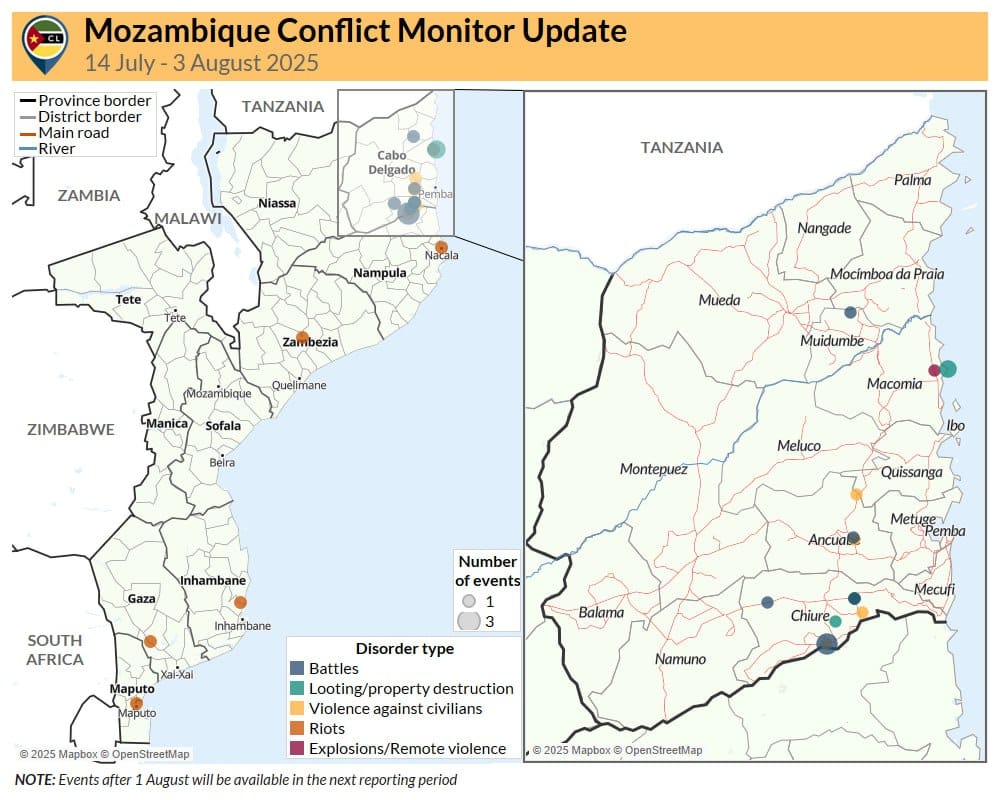
The authorities cannot take any credit for this growth: on the contrary, the government and the Bank of Mozambique have viewed e-money platforms like M-Pesa and Emola with suspicion. The central bank has sought to regulate the mobile phone network operators that run the e-money platforms as though they are banks, although they do not provide a full range of banking services.



